Other Insights
Need help or want to know more?
Find our contact info here
“DynamicsPrint® with IMP is the heart of our planning estimations and imposition systems.
Estimating has become an important science. Our young estimators can deliver accurate plans just as an experienced estimator, with loads of experience, would.”
Angel Viveros, Estimation Manager
Foli De Mexico, Mexico
“The reason we chose DP was because it’s an industry solution which solves many of the problems we had in the standard Microsoft Dynamics setup. Also, there was demand from the management to have final costing, which was also a major challenge in the standard Dynamics solution.
DynamicsPrint® also helps us greatly with scheduling and shop floor management. The data gathered gives us great insights, and results in a much more cost-efficient production.”
Jochem Sants, Project Manager
Van der Most, Heerde, Netherlands
“The professional and highly skilled DynamicsPrint® team led the implementation to develop the expertise internally at DCM with a team of Subject Matter Experts from each of the specialized print production areas. DynamicsPrint’s expertise regarding the system and the industry was instrumental to ensuring the configurations were done properly. As this is a highly configurable solution, the approach and implementation was very well structured and ensured that the team worked from the basic setups to the more complex setups with a pace that was manageable and retainable.
DynamicsPrint® adjusted the resource requirements to accommodate both technical and functional areas of expertise as needed throughout the project, providing best practice directives to ensure that the proper approach was being followed.”
Karen Redfern, VP Operations Technology
DCM, Canada
“I just wanted to let you know how happy I am with DynamicsPrint® and the support you have given KP San Leandro since our launch. The seemingly endless set of tools available really help us run and improve our business.
The visibility into job statuses, P&L, and the ability to create and manage cues that give our team a personalized look into their own area of responsibility have become essential to our business model. I can’t even imagine going back to our old system. Thanks to the DynamicsPrint® team for all your help and support.”
Mark Floyd, Division Director
KP Corp. San Leandro, USA
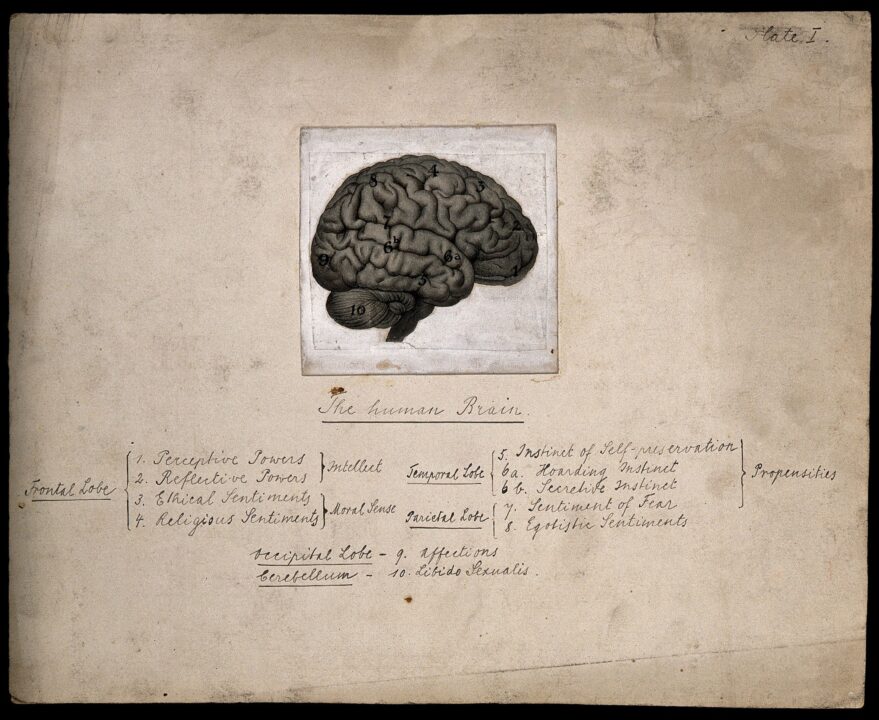















































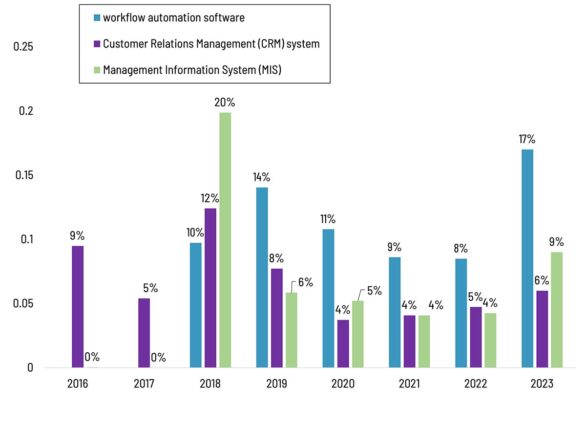

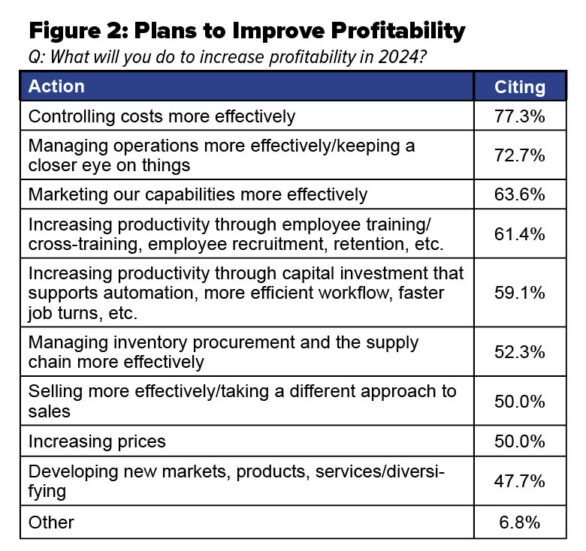
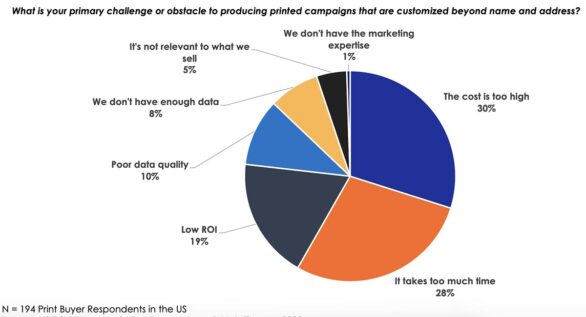

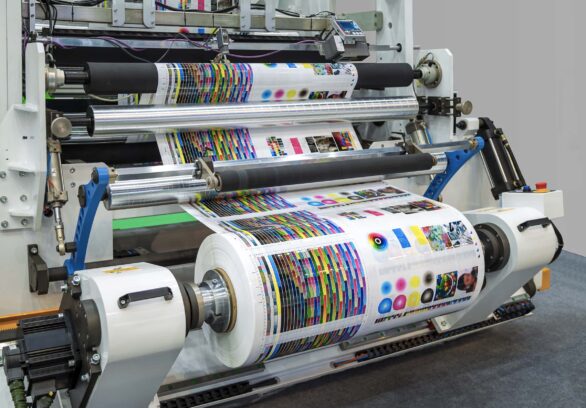

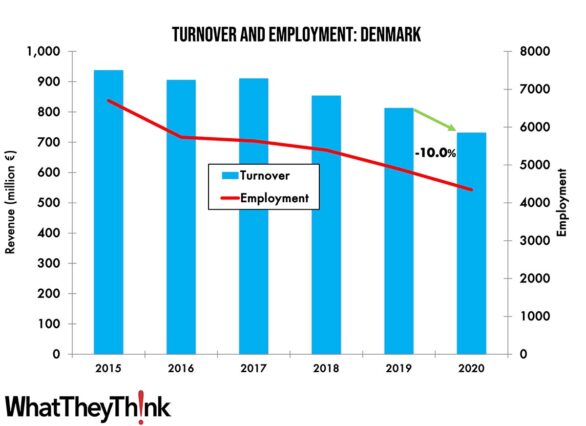
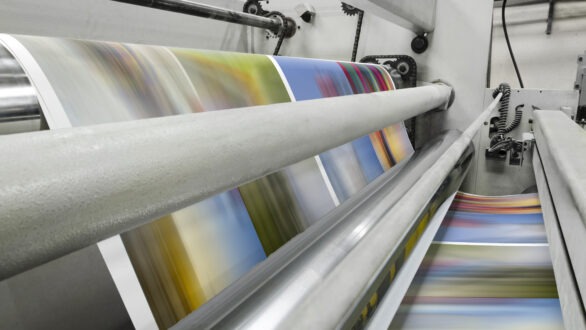
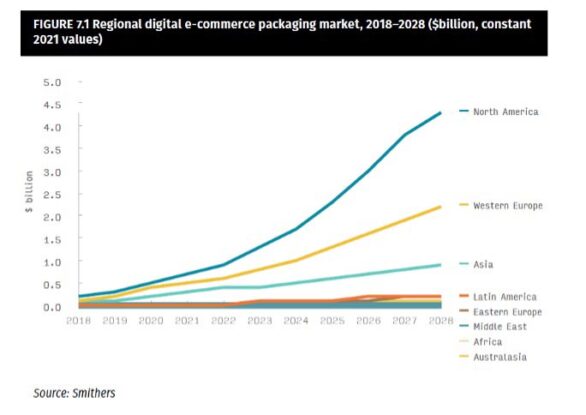
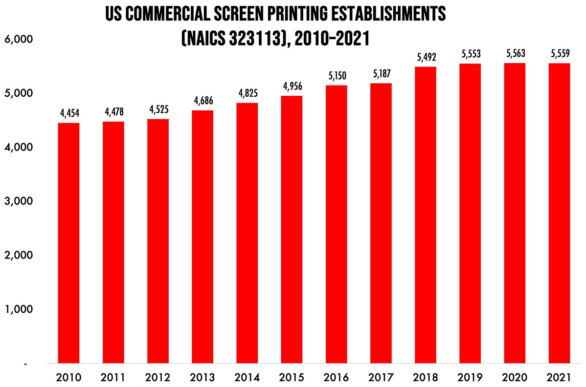
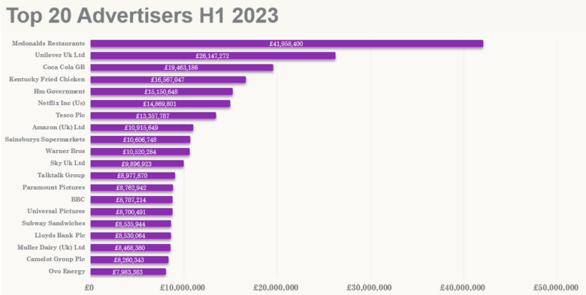


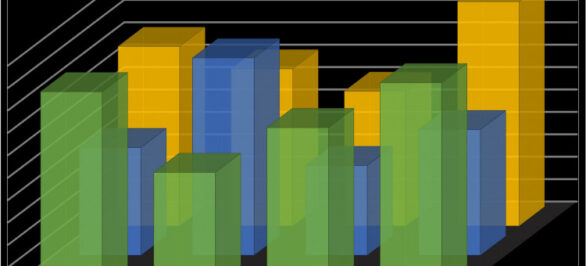



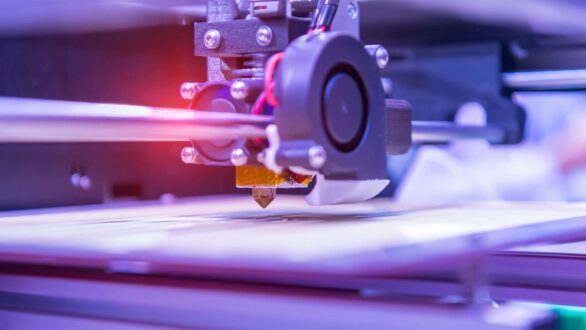
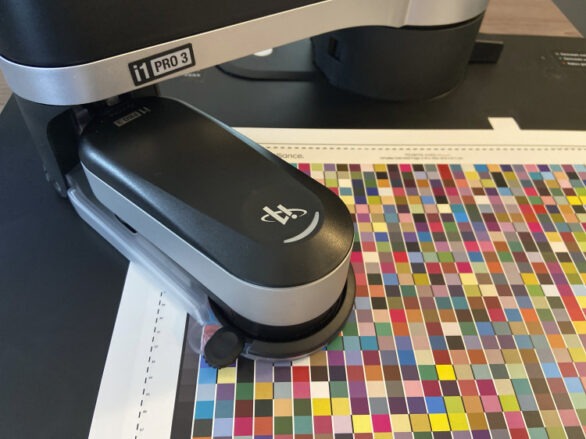


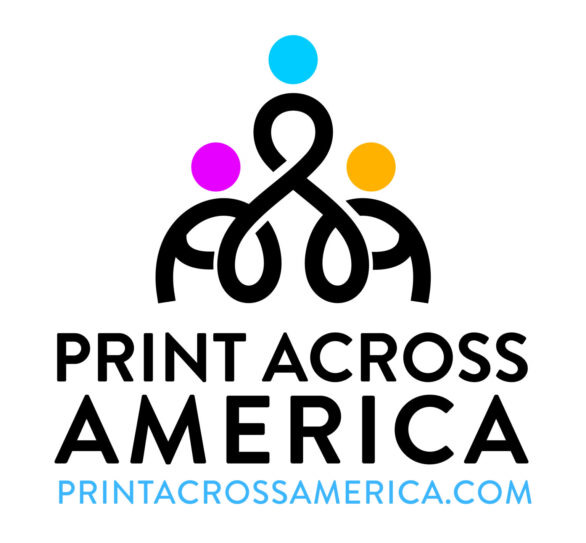
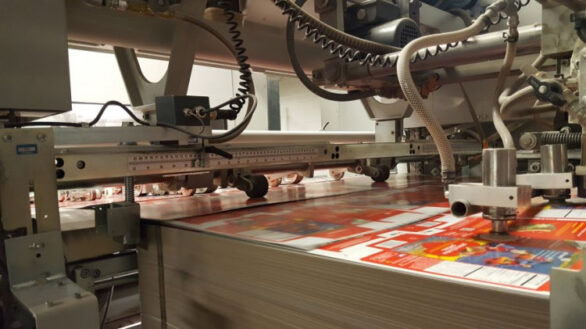
















But new research confirms: Print wins for information processing… Again.
A study just published in the National Library of Medicine once again finds that processing information in print requires a lower cognitive load than processing information on a screen, resulting in improved comprehension.
Reading is a complex task. It requires multiple areas of the brain functioning together—those supporting visual, language processing, and higher-order executive function. If any one of those three gets disrupted, or functions less than optimally, comprehension suffers.
The study undertook to understand the differences in “brain activation” when reading from a screen compared to reading from a printed paper. Data were gathered using EEGs and analyzed using spectral analyses in brain regions related to language, visual processing, and cognitive control.
The results? Researchers found that screen reading resulted in greater challenges in allocating attention to a given task compared to reading on paper. Also, researchers found a significant negative correlation screen vs. paper reading in the area of accuracy.
This is why WE SPEAK PRINT.